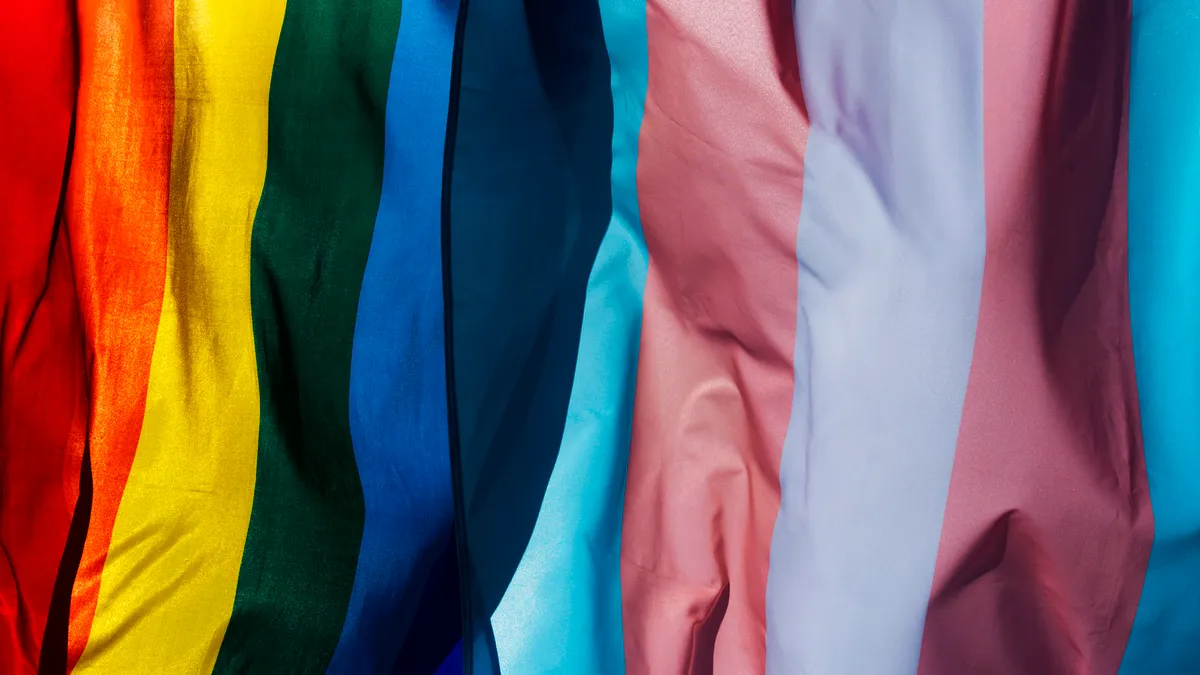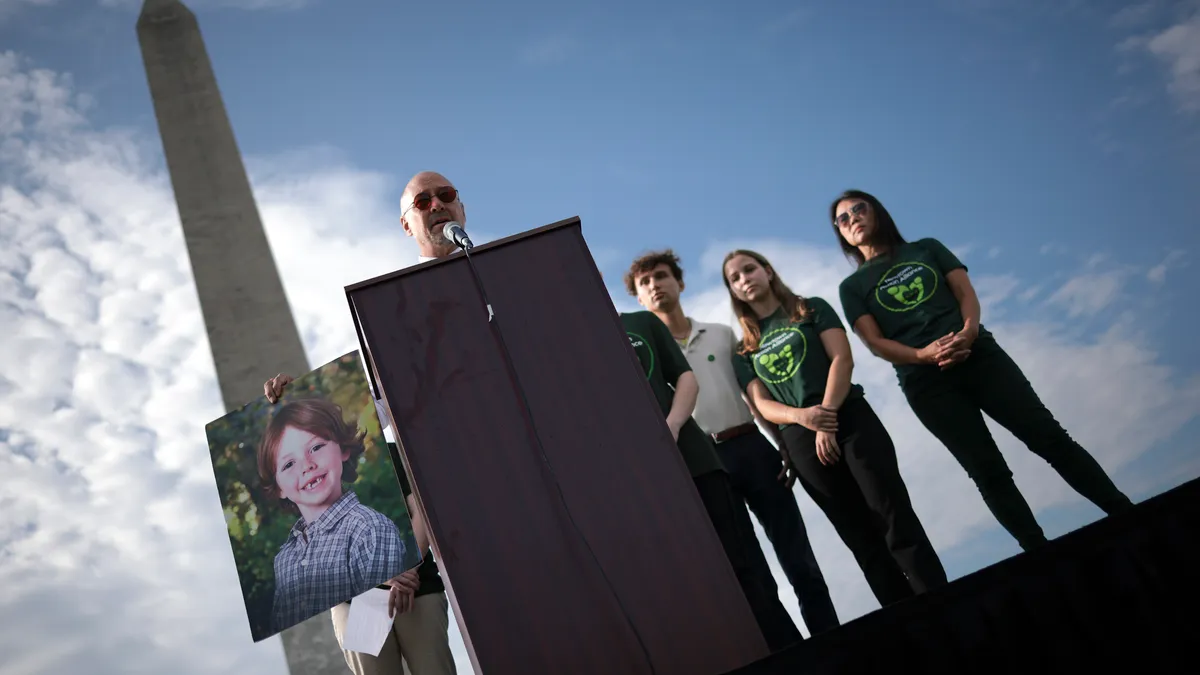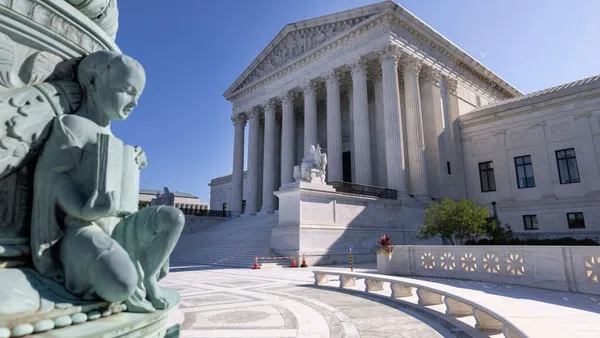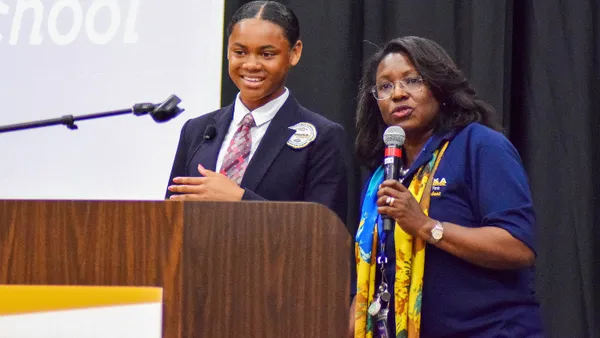Dive Brief:
- Prince George’s County Board of Education reached a settlement agreement with a transgender English teacher who alleged school administrators and district officials ignored her complaints of discrimination and harassment and retaliated against her, according to a Sept. 26 press release from Lambda Legal, which represented the plaintiff.
- The teacher filed a lawsuit in 2018, alleging numerous incidents of verbal harassment at the school from students, school staff and parents, including intentional misgendering, the use of slurs and sexual comments. According to the plaintiff, the school district failed to protect her from the abuse, despite her complaints. In January, a judge dismissed the school district’s motion for summary judgment, finding that “a reasonable jury could find that the harassment was objectively severe or pervasive” and that the plaintiff presented sufficient evidence of retaliation and constructive discharge, among other charges.
- As part of the agreement, the school will adopt policy, training and procedure changes related to workplace bullying, social media policies, student behavior interventions, harassment, transgender and gender diversity and creating inclusive environments for LGBTQ people, according to Lambda Legal’s release.
Dive Insight:
In 2020, the Supreme Court’s decision in Bostock v. Clayton County, Ga. found that Title VII of the Civil Rights Act of 1964 prohibits employment discrimination based on a worker’s sexual orientation and gender identity, falling under the protected category of sex.
“Just as sex is necessarily a but-for cause when an employer discriminates against homosexual or transgender employees, an employer who discriminates on these grounds inescapably intends to rely on sex in its decisionmaking,” Justice Neil Gorsuch wrote in the ruling.
The decision opened legal access to Title VII for LGBTQ workers who experienced discrimination based on that status. Employees have begun relying on the ruling in lawsuits, as in a January case in which a former Walmart worker who is transgender alleged the company failed to stop managers and co-workers from misgendering and bullying her. The case is still working its way through the courts.
Beyond the Bostock ruling, the legal system has recognized protections for transgender workers in other ways. Recently, the 4th U.S. Circuit Court of Appeals found that gender dysphoria, commonly experienced by transgender individuals, may be a disability under the Americans with Disabilities Act, for example.
When it comes to LGBTQ workplace issues, religious rights are increasingly an area of conflict; in one such case from March, an employee brought a religious accommodation suit against Deluxe Corp. for a DEI training that required him to identify which among a list of behaviors constituted harassment of a transgender co-worker, and reduced his salary and then fired him when he refused. The jury found that the employer was trying to dictate workplace behavior, not religious beliefs.
The U.S. Department of Education’s Title IX proposals also included protections for transgender individuals, and a separate rulemaking is expected to include protections for transgender students in athletic teams. The Title IX proposals are under review by the department following a 90-day-comment period, during which over 210,000 comments were submitted.
Prior to the proposals, U.S. Secretary of Education Miguel Cardona reversed a notice of interpretation from former Education Secretary Betsy DeVos that could have denied LGBTQ individuals protections against sex discrimination and harassment, clearing the path for the current Title IX proposals to take effect. The new interpretation held that LGBTQ individuals were protected under the federal civil rights law.
The U.S. Equal Employment Opportunity Commission provides resources to help employers navigate LGBTQ issues. To build a more safe and LGBTQ-friendly culture, sources have told HR Dive that workplaces should ensure benefits are inclusive, institute clear policies and establish employee resource groups.
Naaz Modan contributed to this story.














